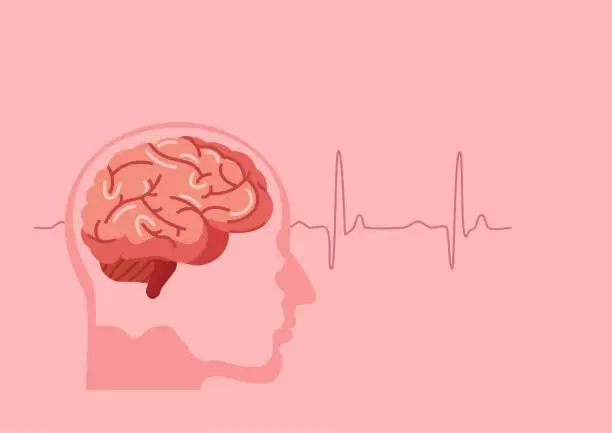World Stroke Day: Experts discuss symptoms, risks, precautions
We may considerably lower the risks by maintaining a healthy lifestyle, eating nutritious food, at least 40 minutes of physical exercise, and 6-8 hours of sleep.
By Sumavarsha kandula
Hyderabad: On the occasion of World Stroke Day on 29 October, NewsMeter spoke with experts to understand the health issue and how we may be better prepared to cope with it.
We spoke to Dr. Sagari Gullapalli, consultant neurologist at the Yashoda Hospitals, and Dr. S Rajesh Reddy, senior consultant brain, spine, and endovascular neurosurgeon at the Apollo Hospitals.
When asked what causes a stroke, Dr. Rajesh responded, "It can happen because of a blockage in the blood-carrying tubes (ischemic stroke) or a tear or rupture in the blood-carrying tubes (brain hemorrhage)." He also highlighted the significance of acting quickly. "Time missed equals brain lost. As a result, it is critical to recognise stroke symptoms and reach/call emergency medical services as soon as possible to limit the chance of disability."
While uneasiness is a common symptom, Dr. Sagari cited other warning flags. "A rapid onset of numbness or weakness in an arm or leg, a sense of imbalance, inability to interpret what another person or we are saying, and a sudden problem with eyesight." She added, "The keyword is sudden."
Speaking about the risk factors to be kept in check, the doctor said, "High blood pressure, heart disease, and diabetes are just a few conditions that should be closely watched." Dr. Rajesh highlighted the myths about stroke. "The myth that stroke exclusively affects the elderly is false. Stroke can afflict anyone of any age, but it is more frequent after age 60."
Dr. Sagari talked about the differences in stroke patients due to gender. "Men are more likely to have a stroke when they are younger, but women are in danger as they get older. This is linked to hormonal imbalances that occur after menopause. "However, women have a higher mortality rate than men," she warned.
Asked about the treatment and care in case of stroke, Dr. Rajesh said, "Like a heart attack, powerful strokes need to be treated with endovascular procedures in addition to medical therapy for better outcomes."
Precautions
When asked what precautions we may take to avoid a stroke, Dr. Sagari said, "we may considerably lower the risks by maintaining a healthy lifestyle, eating nutritious food, at least 40 minutes of physical exercise, and 6-8 hours of sleep." The doctor added, "Reducing stress in any manner possible, such as through yoga or meditation, is also critical."
Dr. Rajesh responded, "The first step is to screen for and eliminate stroke risk factors. Then, in the event of a stroke, recall and recognise the symptoms as soon as possible. Finally, for maximum recovery, respond immediately by contacting the nearest comprehensive stroke clinic. Time missed could mean a lifetime handicap."
He added, "Limiting or quitting smoking and alcohol intake also lowers the risk considerably."